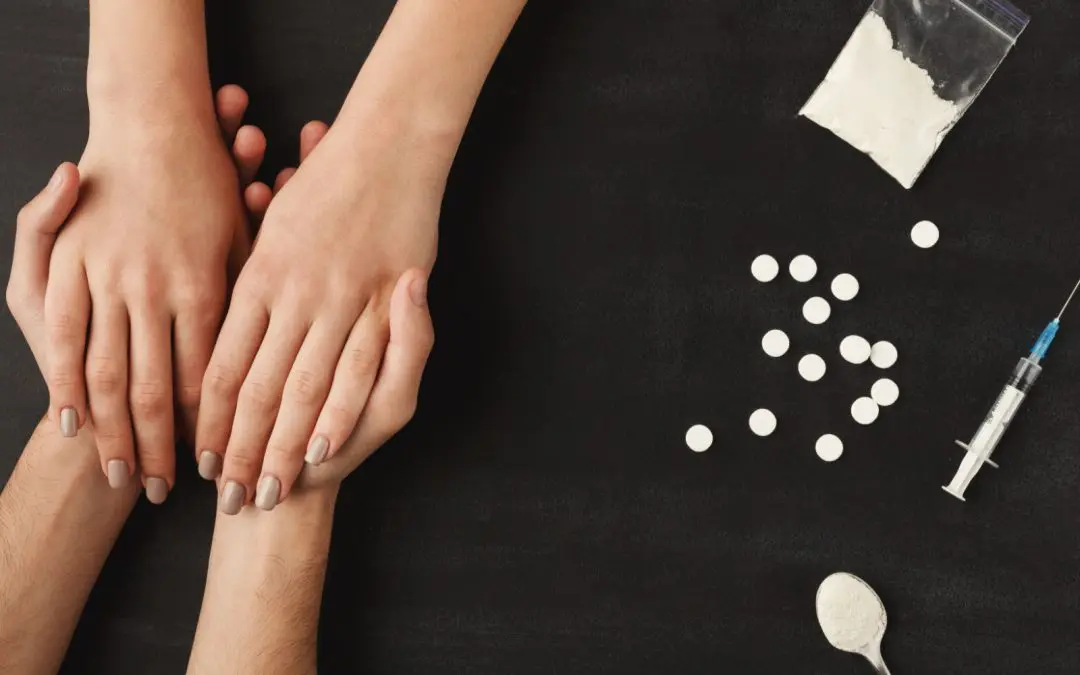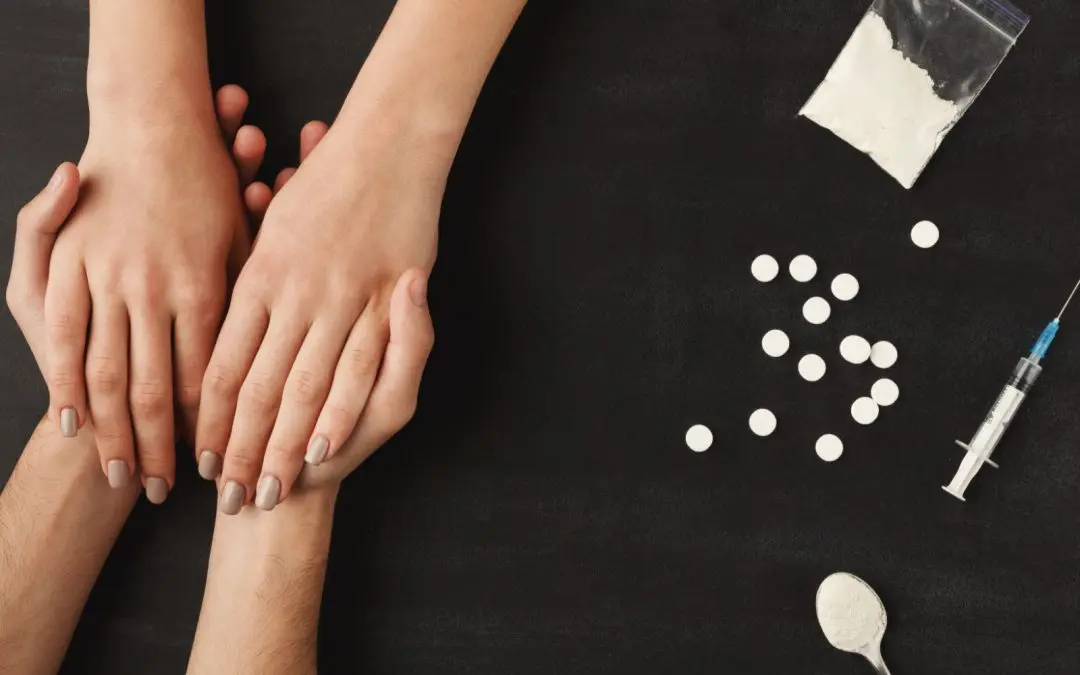24/7 Helpline:
(866) 899-221924/7 Helpline:
(866) 899-2219
Learn more about PTSD Treatment centers in Ponce De Leon
PTSD Treatment in Other Cities

Other Insurance Options

Medical Mutual of Ohio

Health Partners

Access to Recovery (ATR) Voucher

State Farm

UMR

Humana

Coventry Health Care

Holman Group

MHNNet Behavioral Health

United Health Care

Horizon Healthcare Service

PHCS Network

Anthem

GEHA

Magellan

Health Choice

Oxford

Absolute Total Care

Private insurance

BlueCross









Reawakening Wellness Center
Reawakening Wellness Center is a fully equipped holistic rehab detox center with state-of-the art fa...

FHN Family Counseling Center – Stephenson County
FHN Family Counseling Center - Stephenson County provides counseling services for behavioral health ...

Changes Place
Changes Place is a private rehab located in Freeport, Illinois. Changes Place specializes in the tre...

Community Resource and Counseling Center
Community Resource and Counseling Center is located in Paxton, Illinois. Community Resource and Coun...

Freeport Counseling Center
Freeport Counseling Center is a private rehab located in Freeport, Maine. Freeport Counseling Center...

Maryhaven Center of Hope – New Hope
Maryhaven Center of Hope provides a continuum of care for individuals throughout their life's journe...

Maryhaven Center of Hope Recovery Services
Maryhaven Center of Hope provides a continuum of care for individuals throughout their life’s journe...

Sante Center for Healing
Since 1996, the Sante Center for Healing has offered sustainable recovery solutions to individuals a...

ADAPT Programs – Brazos Place
ADAPT Programs - Brazos Place is an inpatient rehabilitation and residential treatment facility for ...

ADAPT Programs – Freeport
ADAPT Programs is located in Freeport, Texas. ADAPT Programs' outpatient programs, counseling servic...

Alco – Eze
Alco – Eze is a private rehab located in Santa Rosa Beach, Florida. Alco – Eze specializes in the tr...

Sojourn House
Sojourn House is a private rehab located in Freeport, Illinois. Sojourn House specializes in the tre...

AA – Alcoholics Anonymous
AA – Alcoholics Anonymous is a non-profit rehab located in Freeport, Illinois. AA – Alcoholics Anony...

HELP Services
HELP Services is a public organization located in Freeport, New York. The facility provides drug tre...

Grupo Solo Por Hoy – AA – Alcoholicos Anonimos
Grupo Solo Por Hoy – AA – Alcoholicos Anonimos is a non-profit rehab located in Freeport, New York. ...

South Shore Child Guidance Center
South Shore Child Guidance Center offers outpatient services for children with mental health disorde...

AA – Alcoholics Anonymous
AA – Alcoholics Anonymous is a non-profit rehab located in Freeport, New York. AA – Alcoholics Anony...



































































































































